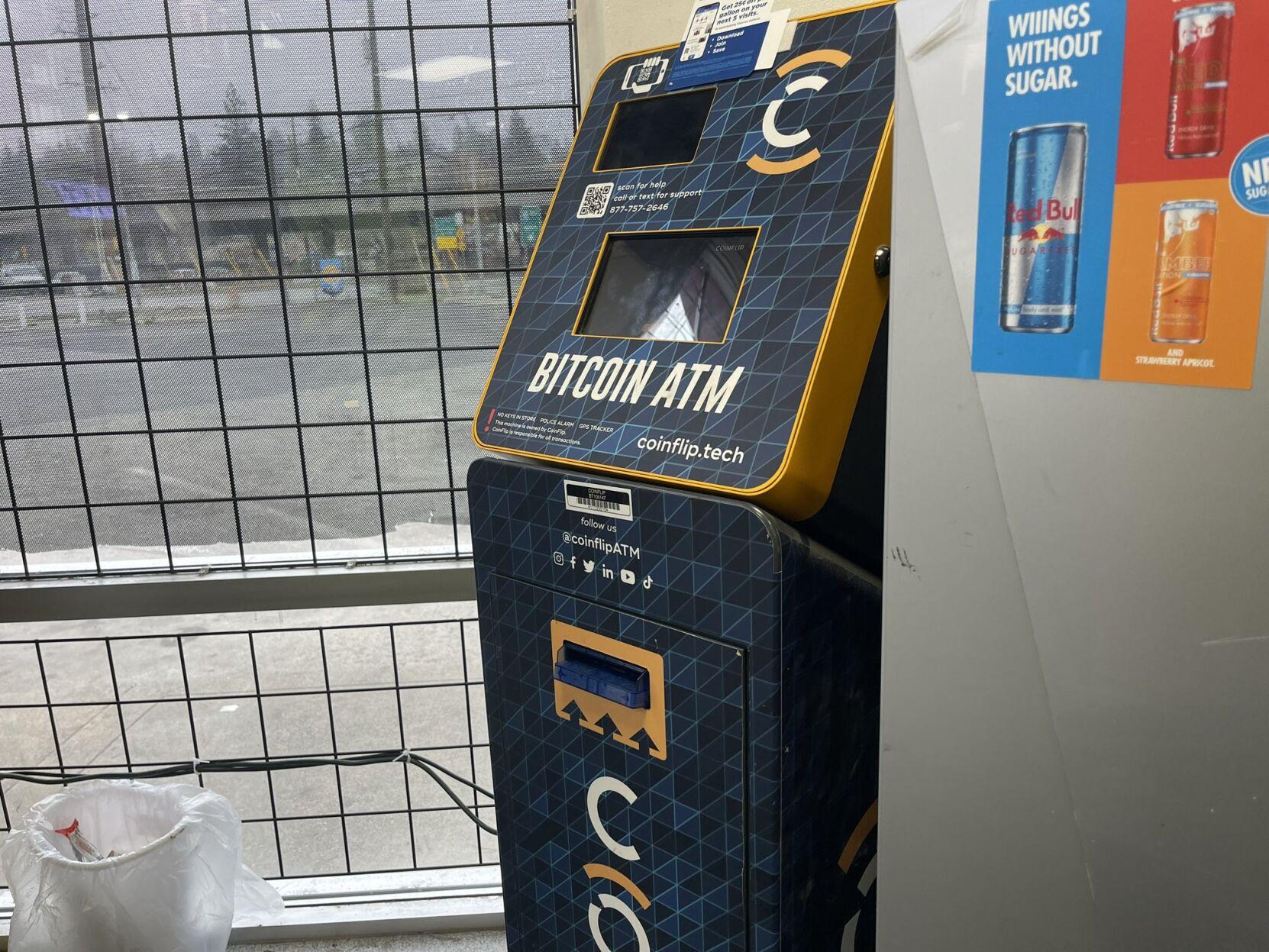SPOKANE, Wash. — Spokane City Council voted to approve a resolution supporting more state regulations on cryptocurrency on Monday night.
The resolution comes as scammers have hit Spokane hard, stealing thousands of dollars from residents a month.
4 News Now spoke to one Spokane woman in May who fell victim to a cryptocurrency scam and lost more than $300,000.
The Federal Trade Commission reported imposter scams in Washington were at the highest rate per million population than any other state reporting that type of fraud in 2023.
“You know, I joke that if you are my age or older and someone sees you in front of a bitcoin ATM machine, there’s probable cause to tackle them right there to stop them from putting money into it,” said Spokane Police Department Detective, Tim Schwering.
Detective Schwering said it’s important to remain extremely vigilant, because once cash goes into the cryptocurrency machine’s slot, it’s gone.
“By the time we’re able to trace it, it’s usually far out of country, in places like China, India, Russia and African nations. It’s just gone, just gone,” said Detective Schwering.
The scams typically start with scammers deceiving people with threats, love and confusion, and then end up with a grand scenario which convinces victims to send money through special cryptocurrency ATMs.
“We’ve had people lose upwards of $500,000 in these types of scams here locally,” said Schwering.
In Washington, the only regulations on the crypto ATMS say a store with an ATM must have a license from the state and a visible scam warning.
The approved resolution, put forth by some city councilmembers, and supported by Detective Schwering, asks the law to include a limit on the amount of money someone can put into a machine.
If adopted statewide, it would limit cash deposits into crypto ATMs per transaction, day and machine.
Scammers are increasingly more sophisticated and it can be difficult to tell what is real and what isn’t.
Overall, the best way to stay safe is to remember that if something feels off, talk to your bank or a trusted friend or family member, and don’t feel embarrassed about it.
It’s also important to remember that if someone is threatening you on the phone, or even in a text, email or letter, it’s most likely a scam and worth consulting with either your bank or law enforcement.
PREVIOUS REPORTING: Special Report: Spokane woman loses life savings in cryptocurrency scam
COPYRIGHT 2024 BY KXLY. ALL RIGHTS RESERVED. THIS MATERIAL MAY NOT BE PUBLISHED, BROADCAST, REWRITTEN OR REDISTRIBUTED.
